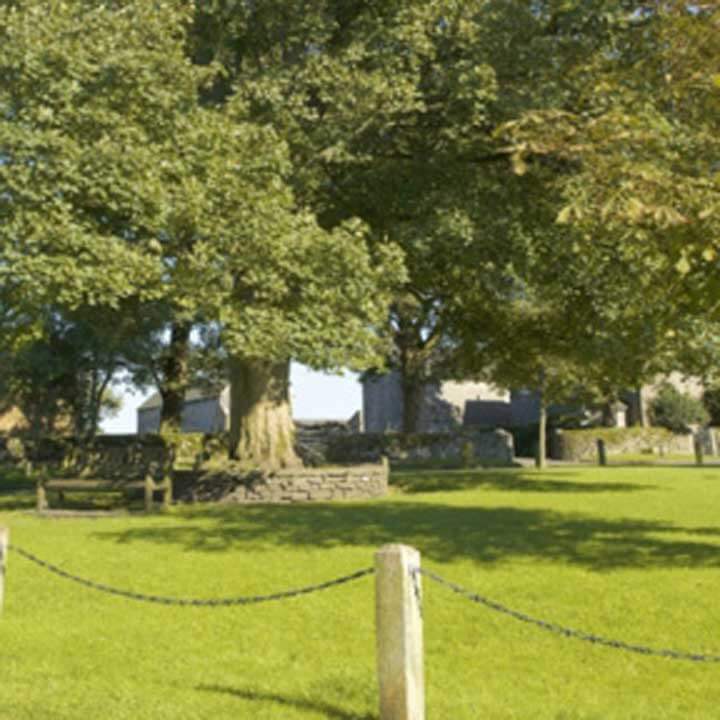Town and village greens – a delay in rectification of a wrong registration is not immaterial
17th February 2014
On 5 February 2014 the Supreme Court heard a joint appeal of two cases with different facts, but with the same issue to be decided.
If a significant number of inhabitants of a locality (or neighbourhood within a locality) have used land for lawful sports and pastimes as of right for at least 20 years, they may seek to register the land as a town or village green (TVG) under the Commons Act 2006. Prior to 2006, the procedure was set out in the Commons Registration Act 1965 (the Act). If registration was wrongly made, however, an application can be made under section 14(b) of the Act for the register to be rectified. The shared issue for the Supreme Court to decide was whether a lapse of time has an effect on an application to rectify the register.
Different facts, same issue
The first appeal involved a piece of land in Huddersfield. An action group had successfully applied for the land to be registered as a village green in 1996. The land was sold in 2005 and the new owners sought to rectify the register in 2010, 14 years after it was first registered as a village green. The High Court held that the land had been wrongly registered as a village green because it had not been used by inhabitants from a single locality. The Court of Appeal agreed it had been wrongly registered but held that the delay in seeking rectification made it unjust to rectify the register.
In the second appeal, land in Weymouth was registered by a local society as a village green in 2001. It was sold four years later in May 2005 to new owners who applied to rectify the register in December of the same year. The High Court held that the land should not have been registered because the use of the land had not been as of right.
The landowner in the first case and the society in the second case, both appealed to the Supreme Court on the sole issue of the relevance of a lapse of time on an application to rectify the register.
The judgment
The Supreme Court held that a lapse of time is “not immaterial to the justice of applications for rectification” but that in these cases there was no evidence to show that significant detriment to others had occurred as a result.
The Supreme Court held that where there is a lapse of time before making an application for rectifying the register in respect of land wrongly registered as a village green, the court must adopt a principled approach to its relevance.
Section 14 of the Act does not set out any limitation period for rectification applications and has no bias for or against rectification. The register must be conclusive and accurate, the focus being on justice as between the applicant and the local inhabitants. If the land had been wrongly registered as a village green then the landowner’s rights have been severely curtailed when they should not have been and the inhabitants enjoyed rights they should not have had.
The Supreme Court drew an analogy with the equitable doctrine of laches, which prevents a claimant asserting his rights because his delay has caused the defendant to change his position to his detriment. “Equity aids the vigilant, not the negligent.”
The crux of the matter, therefore, was to decide what detriment or prejudice there had been due to the delay to rectify an incorrect registration. Lady Hale identified four kinds:
- detriment to the local inhabitants (although that would be little as they had enjoyed rights they should not have had)
- detriment to other individuals who made decisions to purchase property nearby based on the registration
- detriment to public authorities and those they serve, for example, in the allocation of land for residential development
- detriment to the fair hearing of a case after a lapse of time.
On applying those principles, the court decided that in the first appeal, even though the lapse of time was over 12 years, there was no evidence of detriment to the inhabitants but evidence of injustice to the landowner by being deprived of the right to develop its land. In the second appeal, there was no evidence of detriment to the society who had in fact benefitted from rights it had not been entitled to enjoy.
WM Comment
The registration of land as a TVG so as to prevent development is as contentious an issue as ever. The Act has led to considerable litigation in the past, which was often resolved in favour of granting and upholding the registration of TVGs rather than recognising the rights of developers. These appeals and the new Growth and Infrastructure Act 2013, on which Walker Morris has reported, may signal a more balanced approach to the TVG regime.
Walker Morris will continue to monitor and report on TVG developments as they occur.


